The National Cohesion and Integration Commission (NCIC) summoned Kajiado Governor Joseph Ole Lenku. He was summoned for making inflammatory remarks on two separate occasions.
Lenku complained about a Ksh5 million donation at a funeral. He criticized politicians for not donating similar amounts to the locals of Maasai ethnicity. The NCIC found his utterances. These statements were made at Ewuaso, Kajiado West. They were ethnically driven and classified as hateful. They could potentially affect harmonious coexistence between communities.
Lenku was summoned to appear before the commission on September 12, 2024, but he appeared to have snubbed the directive. The commission warned that failure to comply could lead to contempt proceedings against him.
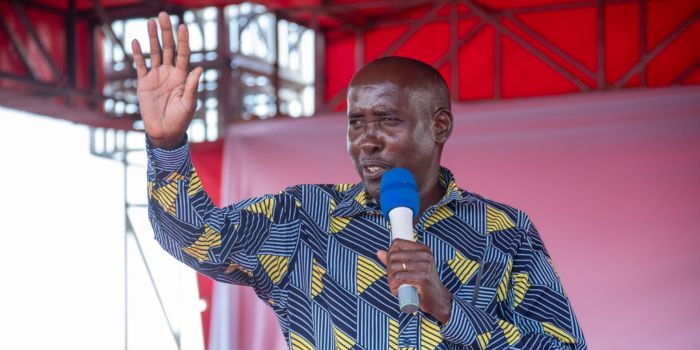
Photo
Raila Odinga
Additionally, Lenku’s remarks on inciting his supporters were under scrutiny. His remarks targeted people from outside the county at Rombo Group Ranch on August 12, 2024. His remarks were inciting his supporters against people from outside the county. The NCIC was examining these remarks.
The NCIC had earlier summoned another politician in July over hate speech related to the Gen Z anti-government protest. The commission emphasized the importance of obeying summons issued by them, as mandated by the National Cohesion and Integration Act.
Lenku’s actions were seen as potentially divisive and harmful to the peaceful coexistence of different communities in the region.
The commission’s actions show a commitment to upholding national cohesion and integration. It ensures that public figures are held accountable for their statements and actions. These can incite hatred or discord among communities.
Lenku’s case serves as a reminder of the legal consequences that can arise from making inflammatory remarks. It also shows the consequences of engaging in divisive behavior, especially in a diverse society like Kenya.


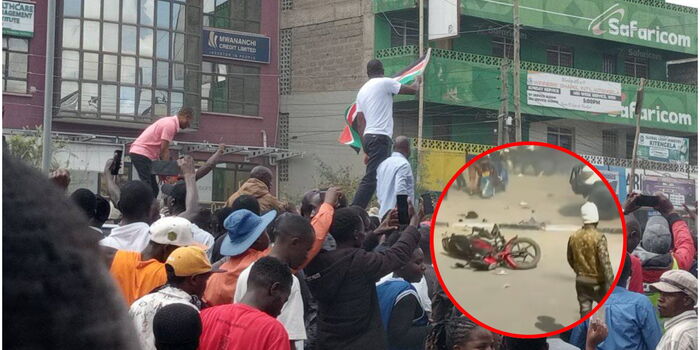
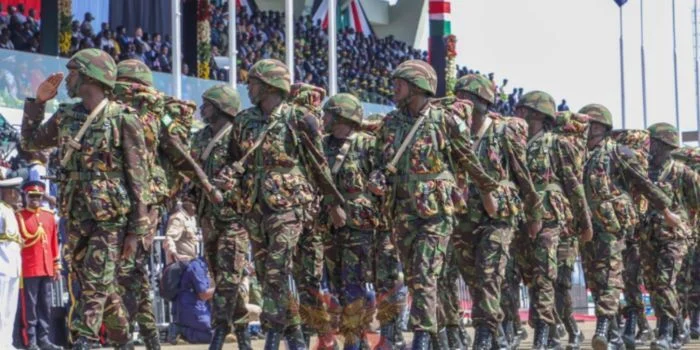
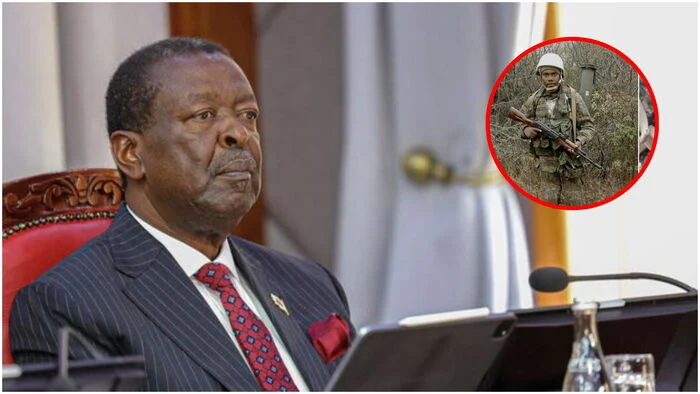
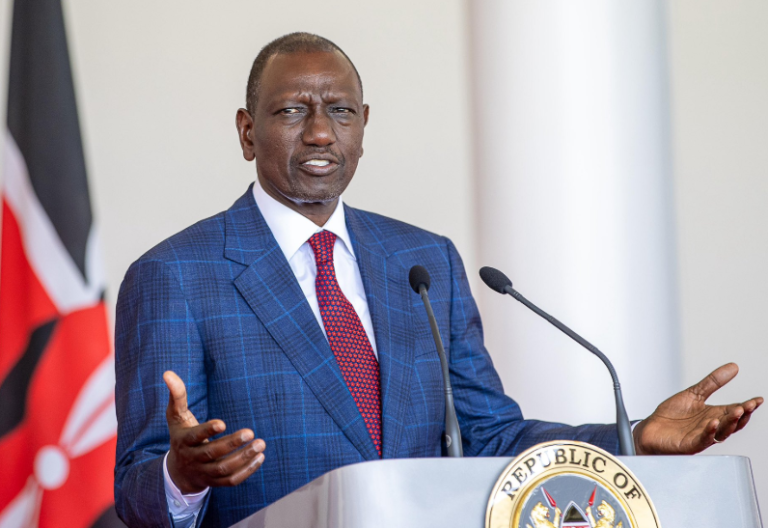
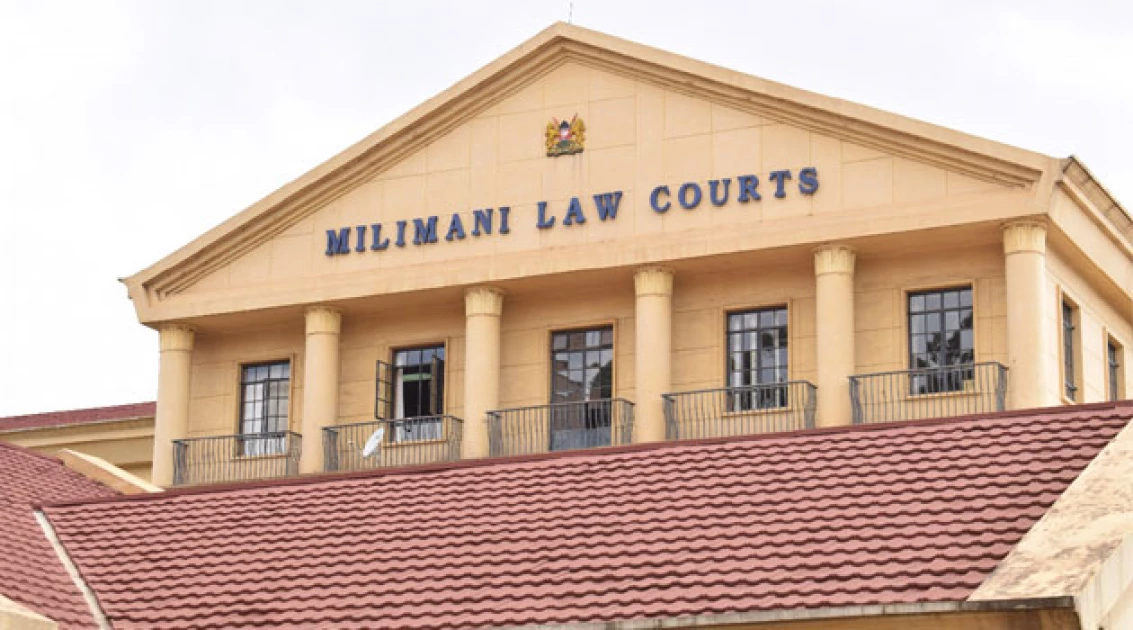
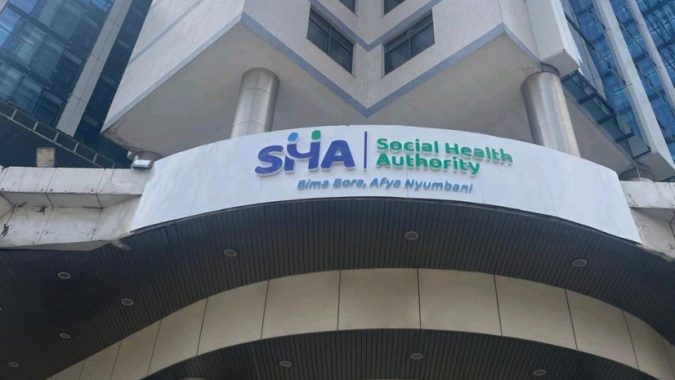


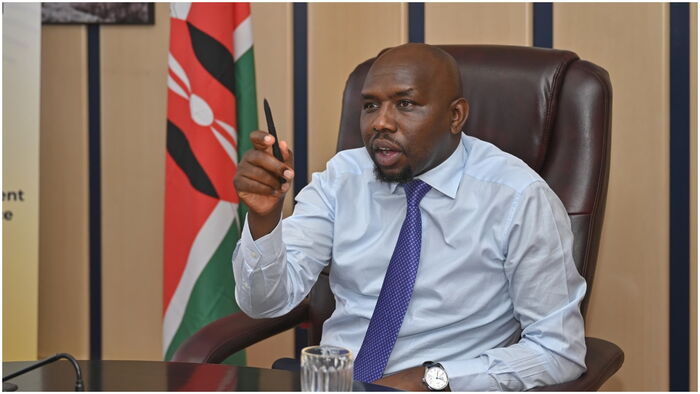
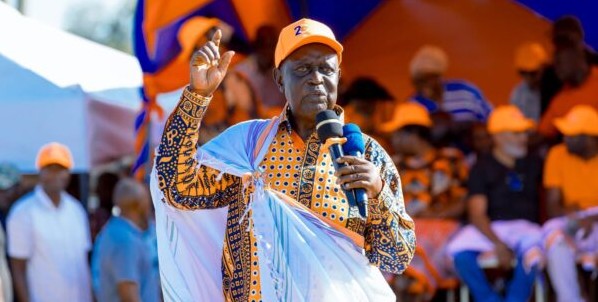
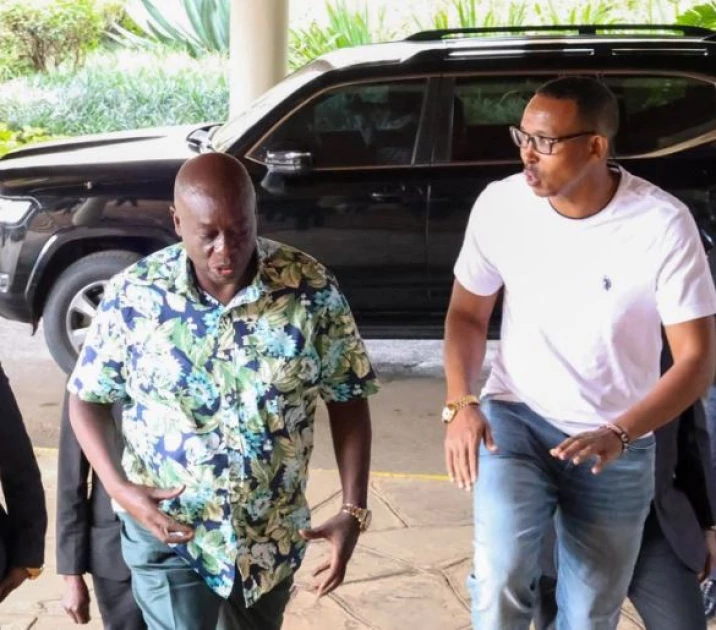
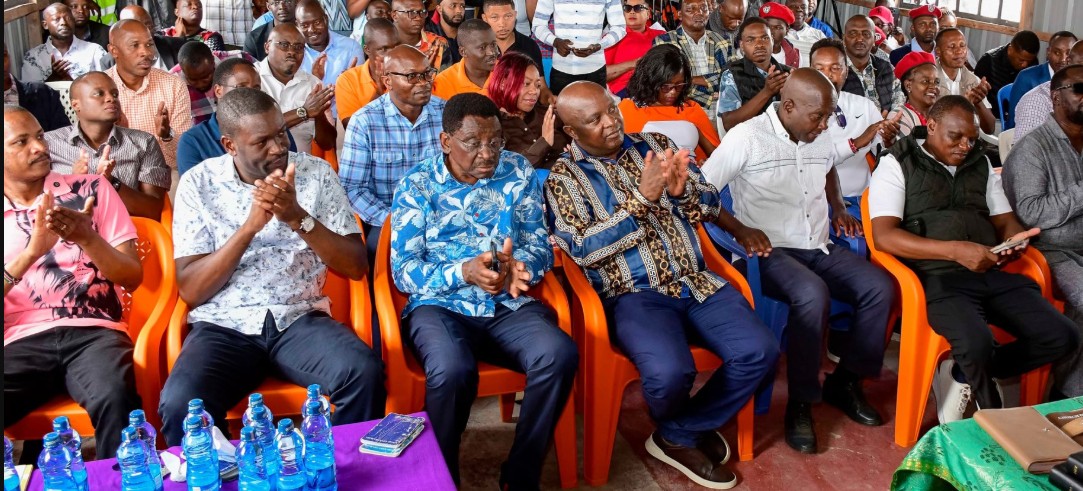
Leave a Reply